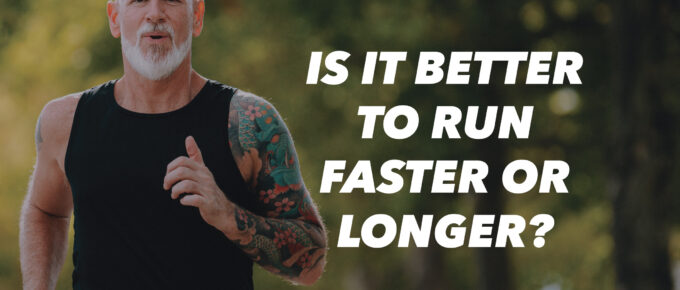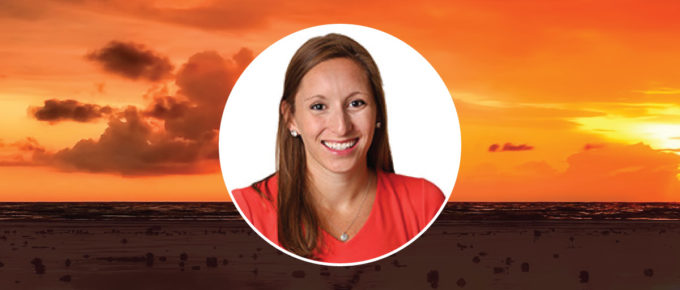Most of the runners I work with would like to get better at running. Some are just getting started, others would be considered seasoned athletes. Despite their abilities, they all share a common …
Continue Reading about 266. Is It Better to Run Faster or Longer? →


